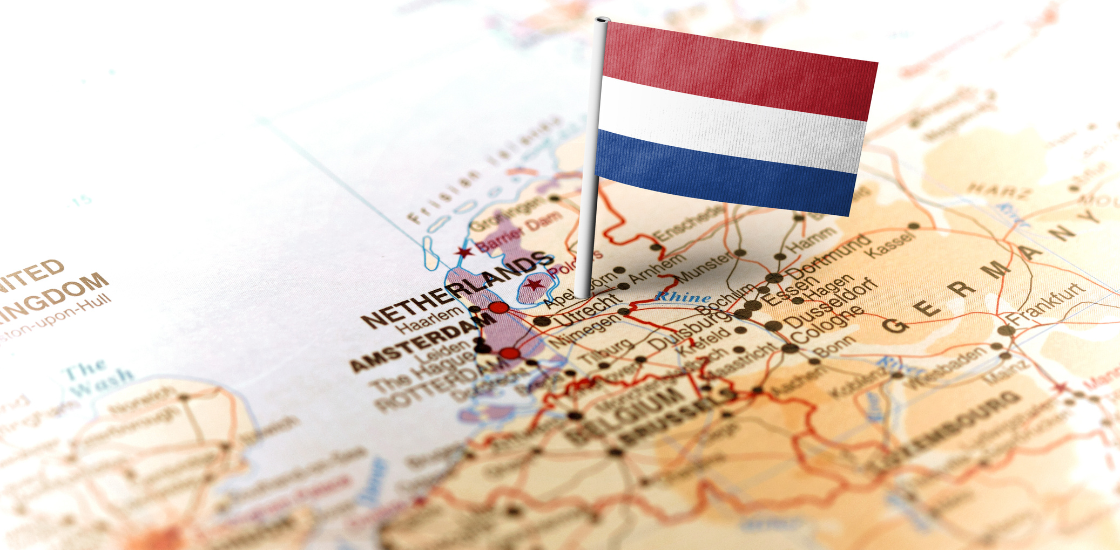Date: 01.03.2024
by Adam Dworak
Last update: 01.03.2024 15:10
Dutch Court Decision Challenges Lottery Monopoly
The Eastern Brabant District Court in the Netherlands has issued a ruling against the gambling regulator, de Kansspelautoriteit (KSA).

The monopoly holder, Nederlandse Loterij, may feel threatened.
According to Casino Nieuws reports, several companies applied for lottery and sports betting licenses. The Dutch gambling regulator rejected this application on September 4, 2022. The official ruling did not name the companies.
However, the Brabants Dagblad newspaper revealed them. According to the source, they are Jack’s Casino and Jacks.nl, which belong to JVH Gaming.
KSA’s explanation
In its response, the KSA stated that the license was granted to a third party, Nederlandse Loterij. This is in line with the monopoly policy, which allows for such an opportunity to be given to only one legal entity.
De Kansspelautoriteit described Dutch gambling policy as “horizontally consistent”. The regulator used the argument that this had not been the case since the introduction of the Remote Gambling Act in October 2021.
They also referred to rulings from May 2, 2018, and March 10, 2021. The first of these upheld the monopoly status for sports betting and lotteries. The second ruling dealt with allowing the lottery monopoly to continue with an exemption for charitable parts.
Inconsistencies in Dutch Gambling Policy
The court agreed with the argument that the Dutch Remote Gambling Act (KOA) is not in line with Article 56 of the Treaty on the Functioning of the European Union (TFEU). It was on this act that the KSA based its argument for refusal.
The mentioned article from the Treaty on the Functioning of the European Union prohibits restrictions on offering services in member states. The court found that Dutch gambling policy “is no longer horizontally consistent” in the “current state”.
“The court notes that in the current gambling policy, after the Remote Gambling Act (KOA) came into effect, a uniform licensing system applies to land-based games of chance with a lower risk of addiction and a lower risk of criminal activity” – as stated in the ruling’s justification.
“Although the current online gambling system, which carries a higher risk of addiction and a higher risk of criminal activity, has an open licensing system, in the court’s opinion this inconsistency, considered in light of legal changes related to the enactment of the KOA and in light of the actual effects of its entry into force, means that Dutch gambling policy is no longer horizontally consistent” – it was added.
They have to pay
The court agreed that the monopolistic licensing system is not necessary to protect “public interests” related to the gambling industry. Ruling Raises Doubts
According to the court’s ruling, the KSA had no right to reject the license applications based on the permit held by Nederlandse Loterij. The regulatory body now has 12 weeks to re-evaluate the applications submitted by Jack’s Casino and Jacks.nl.
De Kansspelautoriteit (KSA) must pay both plaintiffs the court costs of 1750 euros and bear a court fee of 365 euros.
The Dutch monopolist (Nederlandse Loterij) holds three available licenses in its segments, including Lotto, Krasloten, and TOTO.
